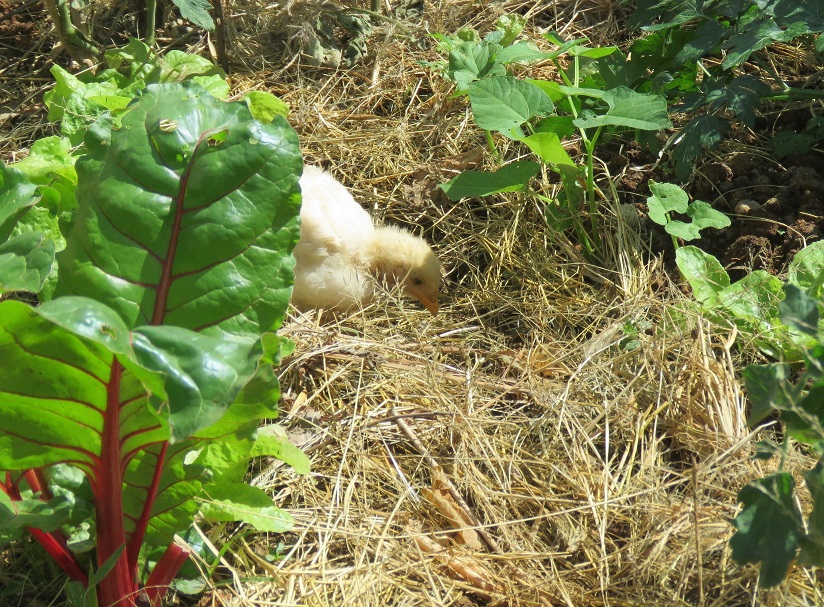Linguists will tell you that each language arranges the world differently. No two languages classify objects, activities or emotions in the same way. This is especially true of the words used in farming.
I was reminded of this recently when translating a video script from English to Spanish. The video, from northern India, forced me to grapple with âmulchâ, an English word that is also widely used in Spanish, in real life and on the Internet. Yet the worldâs authority on the Spanish language, the Real Academia Española, does not include âmulchâ in its magnificent dictionary, the Diccionario de la Real Academia de la Lengua Española.
It is odd that âmulchâ is a new word in Spanish, when it is an old word in English. The Oxford English Dictionary defines mulch as a âPartly rotted plant material, etc.; (Horticulture) loose material consisting of straw, decaying leaves, shredded cuttings and bark etc., spread on soil or around or over a plant to provide insulation, protect from desiccation and deter weeds.â âMulchâ comes from a Middle English word, “molsh” or “mulsh” and has been in the language at least since 1440, and possibly much earlier.

I had my doubt about using âmulchâ in Spanish. Various on-line dictionaries suggest âmantilloâ, literally âlittle blanketâ instead. But a web search of mantillo usually shows commercial bags of chipped bark used for landscaping and suppressing weeds. Not quite the same as the straw, leaves and husks that farmers have on hand.
I wrote to three agronomists I respect, native Spanish speakers who work closely with farmers. They confirmed that âmulchâ was the word to use in Spanish. But one offered a little twist: if the video from northern India was being translated into Quechua, we could say âsachâa wanu.â Now there is a term to savor. âWanuâ means dropping, and is the source of the English word âguano,â meaning bird dung. In Quechua, âwallpâa wanuâ is chicken dung, âllama wanuâ is llama dung, and âsachâa wanuâ is forest mulch, or the fallen leaves of trees.
I was back where I started. So, I decided to use âmulchâ in the script, although at the first mention I did offer the alternative âmantillo.â
While languages describe the world in different ways, they also level those differences as they aggressively borrow words from each other, for example âsiloâ, âlassoâ, and âstevedore.â These are all recent loanwords from Spanish to English. New words take time to be defined in dictionaries, which cautiously avoid including fad words that may fade away before really entering the language. But one day âmulchâ will be included in the Diccionario de la Real Academia, joining âwhisky,â âsandwich,â and other recent English loan words that have enriched the Spanish language.
Watch the video
Mulch for a better soil and crop






